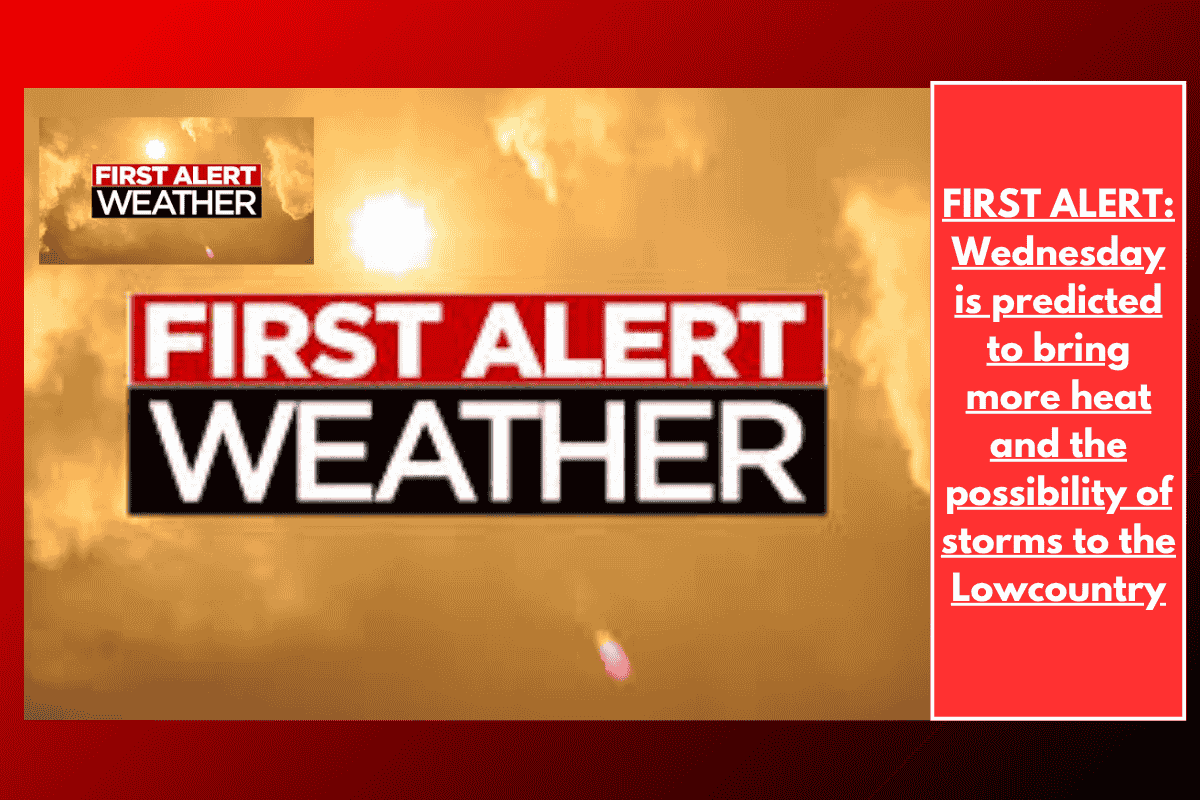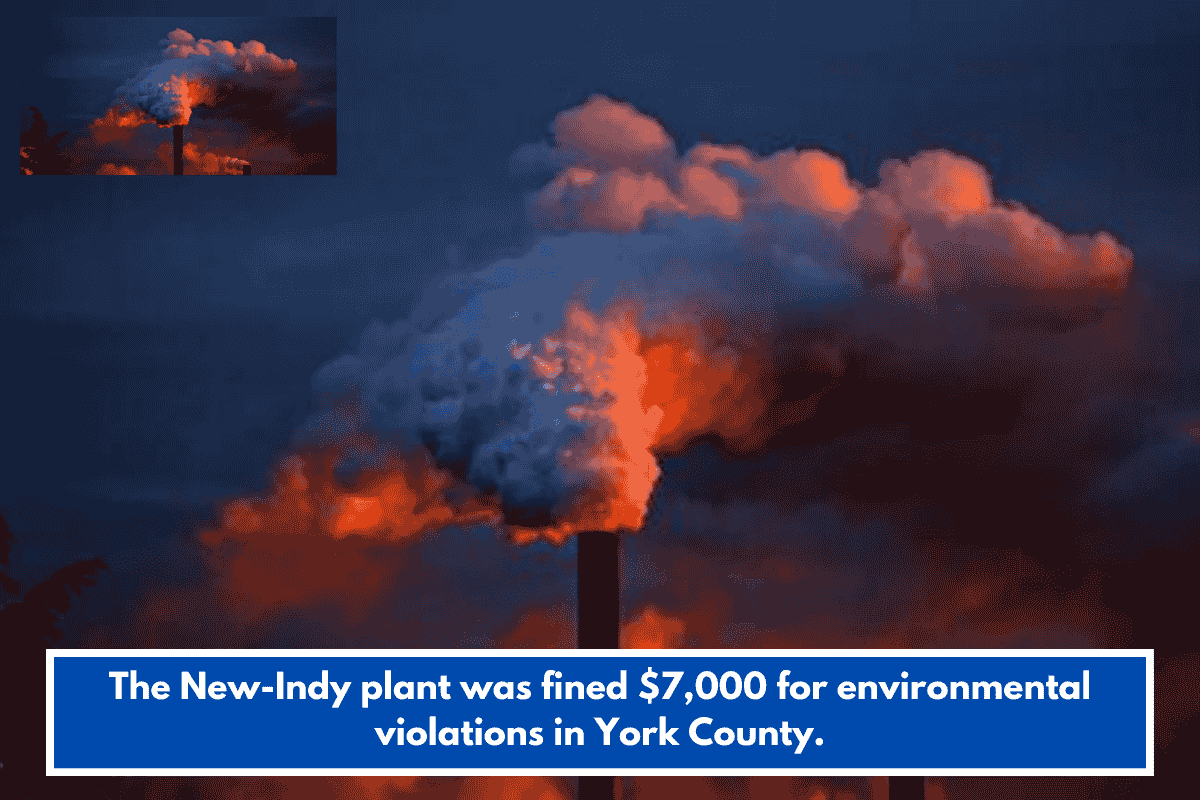CHARLESTON, S.C. — While Lowcountry counties won’t be under an official heat advisory on Wednesday, excessive heat may still pose a risk to residents. Live 5 First Alert Chief Meteorologist Bill Walsh said that a disturbance moving in from the north late Wednesday could bring the potential for strong to severe thunderstorms, with inland areas at a slight risk for severe weather on Wednesday night.
Heat-Related Illness Risk
The Live 5 Weather Team has declared Wednesday as a First Alert Weather Day due to the potential for heat-related illnesses. Although high temperatures and heat index values may drop slightly from Tuesday’s levels, Wednesday’s temperatures will still reach the mid-90s with heat index values near or just below the National Weather Service’s threshold for issuing a heat advisory.
Heat index refers to the apparent temperature—what it feels like outside when temperature and humidity are combined.
The Danger of Heat Exhaustion and Heat Stroke
Hot weather and high humidity can lead to serious heat illnesses, including heat exhaustion and heat stroke, which can be life-threatening.
Heat Exhaustion
Heat exhaustion occurs when the body loses too much water and salt through excessive sweating. Signs include:
Excessive sweating
Pale skin
Dizziness
Nausea
Muscle cramps
Headaches
Low blood pressure
Dark urine
If you or someone you’re with experiences these symptoms, it’s crucial to move to a cool environment, apply damp cloths to the body, or immerse in cool water. Drinking water slowly will help restore lost fluids. If symptoms do not improve within an hour, seek medical attention to avoid progression to heat stroke.
Heat Stroke
Heat stroke is a life-threatening emergency that can cause permanent brain and organ damage if not treated promptly. Symptoms of heat stroke include:
A body temperature above 103°F
Hot, red skin
No sweating despite extreme heat
Confusion or disorientation
A rapid heart rate
Loss of consciousness
If someone is suffering from heat stroke, it’s critical to call 911 immediately. Move them to a cool area, apply cool water or ice to their body, and remove excess clothing. Heat stroke can be fatal if not treated urgently.
Stay Safe in the Heat
As Wednesday’s temperatures rise and the possibility of thunderstorms looms, it’s important for residents to stay hydrated and take breaks from the heat. Be cautious of heat-related illnesses by recognizing the symptoms early and responding quickly to protect yourself and others.










